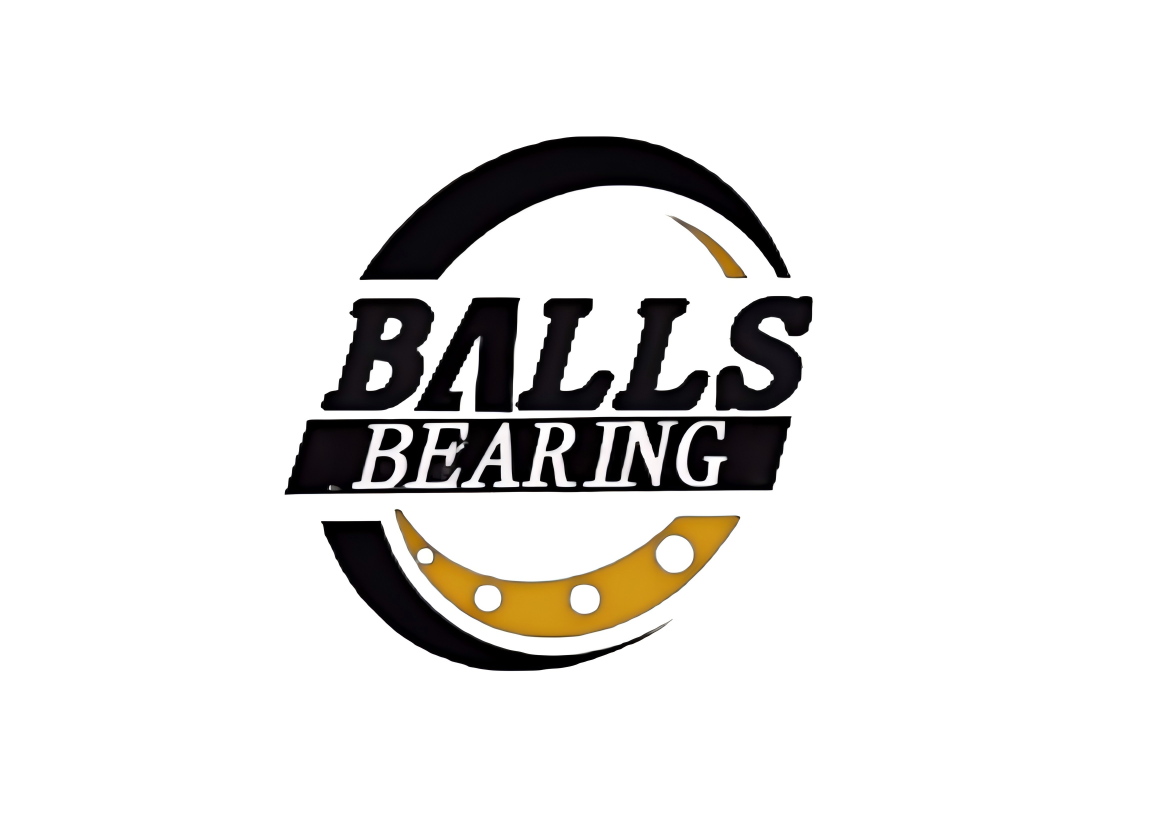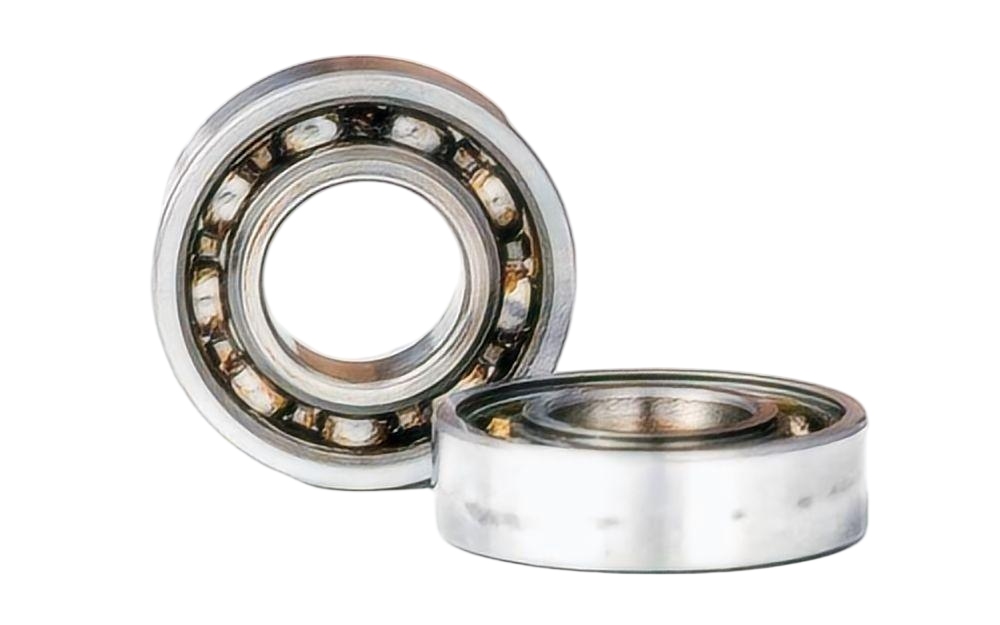About Us
Five key factors affecting bearing precision: Check if your bearings meets the requirements?
Views : 11
Update time : 2025-11-06 21:14:00
Bearings are among the most easily overlooked yet indispensable components in mechanical systems. Their precision directly impacts the operating efficiency, stability, and lifespan of equipment.
The production of a high-precision bearing involves a complex process, from raw material selection to machining and assembly, with each step requiring technical expertise. Below, we'll break down the five core factors influencing bearing precision.
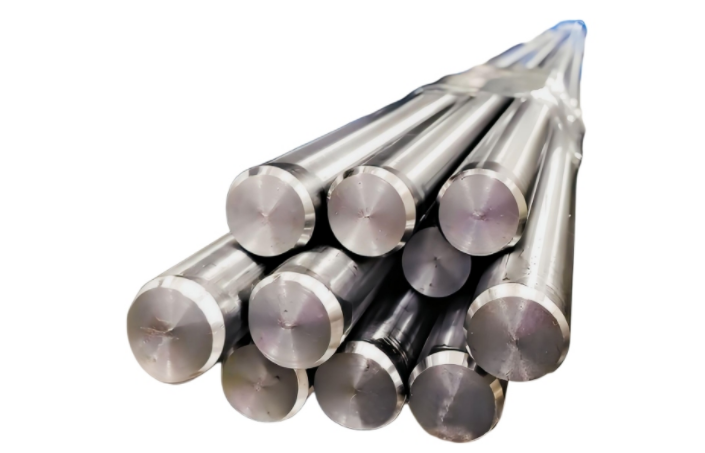
I. Materials The foundation of a high-precision bearing lies in its "original lineage."
Currently, the mainstream high-carbon chromium bearing steel has extremely high purity requirements. For every order of magnitude reduction in impurity content in the material, the bearing's lifespan can be extended several times.The amount of non-metallic inclusions and the uniformity of carbides both affect the bearing's wear resistance and deformation resistance.
Furthermore, in the face of high-temperature, high-speed, or corrosive environments, special materials such as carburized steel and ceramics can better maintain dimensional stability, providing additional protection for precision.
II. Machining Process The machining of the bearing's raceways and rolling elements is the most technologically demanding stage in the entire manufacturing process.
Grinding precision is typically controlled at the micrometer level, with roundness deviation not exceeding 3 micrometers (equivalent to 1/20th the thickness of a human hair). After ultra-precision machining, surface roughness can be further reduced, decreasing frictional resistance by more than 30%. Any deviation during the roughing stage—whether incomplete stress relief during forging or dimensional errors during turning—can become a potential cause of subsequent precision degradation.III. Heat Treatment Heat treatment determines whether a bearing can maintain high precision over a long period.
The temperature difference during quenching should be controlled within ±5℃ to ensure uniform hardness distribution. Tempering typically requires 2–3 cycles to thoroughly release internal stress and prevent precision degradation due to deformation.Furthermore, surface treatments such as nitriding and coating can form a protective layer on the bearing surface, enhancing wear resistance and effectively preventing oxidation and corrosion.
IV. Clearance and Installation Many bearing precision problems actually arise "after"—that is, during the installation stage.
Clearance control must be just right: too small a clearance will cause overheating and jamming, while too large a clearance will cause radial runout, reducing rotational accuracy.Meanwhile, the coaxiality deviation between the shaft and the bearing housing bore must not exceed 0.02 mm; otherwise, additional loads will be generated, causing the bearing to become "off-center" during operation.
The most taboo method is "hammering installation," which easily damages the raceway surface, directly rendering the high-precision bearing unusable.
V. Use and Maintenance High-precision bearings are not simply a matter of "installation and forgetting"; subsequent maintenance is equally crucial.
When grease is insufficient, the metal friction surface will heat up rapidly, reaching over 100℃ within an hour, and precision will decrease rapidly.Regularly checking equipment vibration and temperature changes can detect signs of precision degradation early.
Furthermore, if dust, iron filings, and other impurities enter the bearing, they act like "sandpaper," causing severe wear in a short time.
Conclusion: Inspection is the final step in maintaining bearing precision.
From materials and processes to installation and maintenance, every detail affects the bearing's precision performance.Professional inspection methods can help us identify potential problems in their early stages, ensuring that every bearing operates in optimal condition.
After all, a high-precision bearing not only improves efficiency but also ensures the safety and reliability of equipment.
相关新闻
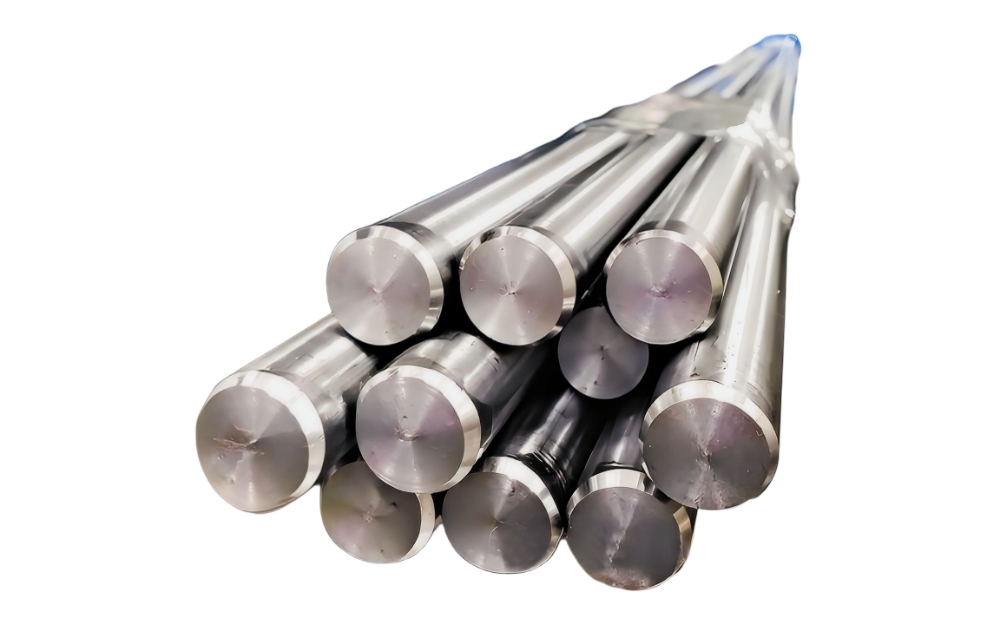 Five key factors affecting bearing precision: Check if your bearings meets the requirements?
Five key factors affecting bearing precision: Check if your bearings meets the requirements?
Nov 06,2025
Five key factors affecting bearing precision: Check if your bearings meets the requirements?
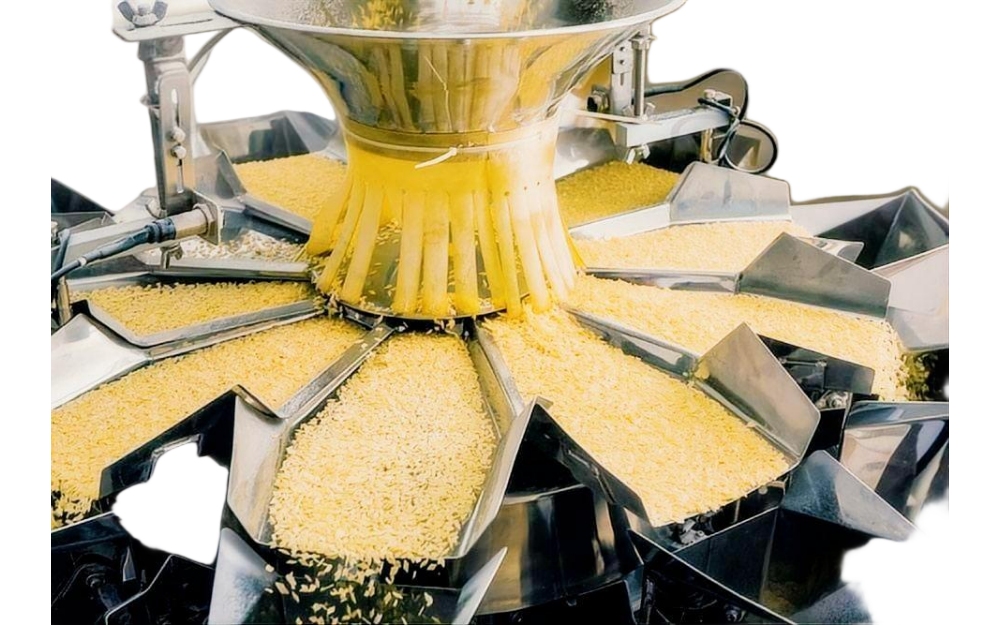 What are "food and beverage grade bearings"?
What are "food and beverage grade bearings"?
Nov 05,2025
What are "food and beverage grade bearings"?
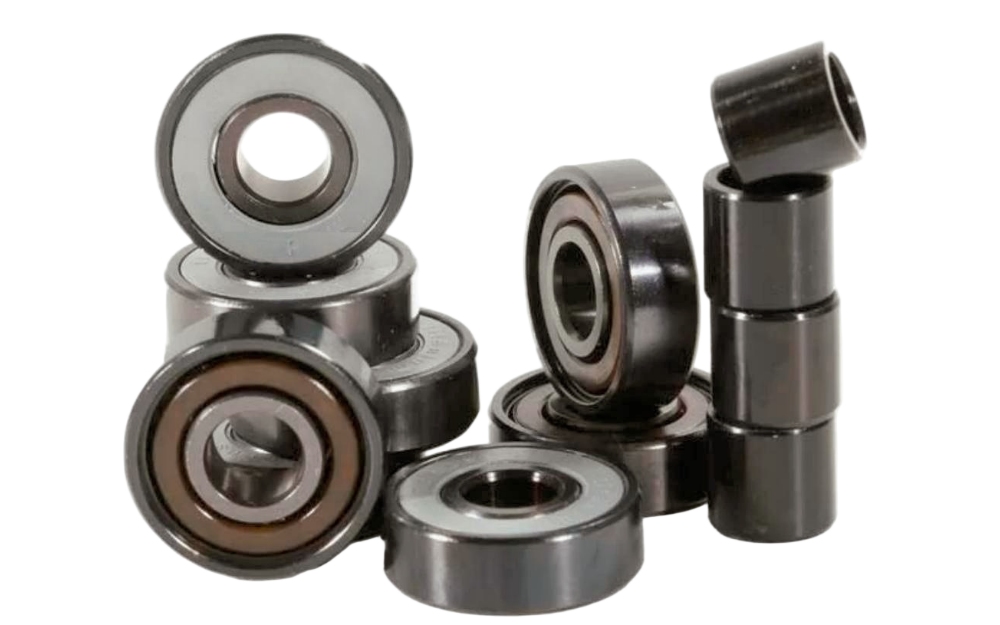 Why are skateboard bearings more expensive than race car bearings?
Why are skateboard bearings more expensive than race car bearings?
Nov 04,2025
Why are skateboard bearings more expensive than race car bearings?
